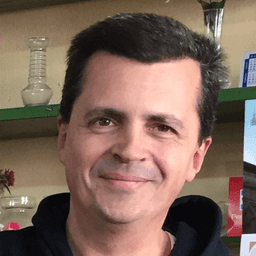Virtual Reality: A Tool to Help Autistic Children Navigate the World
Written by Luis Paradela|Posted on September 21, 2022

Virtual reality (VR) technology, because it creates simulated scenarios in which users can play, experiment, and practice, is seeing increased use in various education and training scenarios. One possibility that is being explored is the role of VR in helping autistic children overcome difficulties that they face in the wider world.
Floreo, a tech startup founded by Vijay Ravindran, formerly of Amazon and the Chief Digital Officer of the Washington Post, is focused on just that. Ravindran was inspired to work on the company after he saw his six-year-old autistic son play with a VR headset in 2015, and subsequently act out what he had done in VR in the playroom. Autistic children often struggle with ‘playing pretend,’ which is a typical tool for young people in developing environmental awareness and social skills. But his son’s ability to learn from the VR experience motivated Ravindran to start Floreo and design virtual reality lessons to help autistic children, in conjunction with professional therapists, special educators, and parental involvement.
Seven years on, virtual reality equipment is much more widely available, and Floreo’s lessons are designed to work with even the lowest-end headsets, as well as an iPhone or iPad so that the parent or therapist can monitor and guide the student by prompting questions or adjusting the VR scenario. Lesson topics include training for real-world experiences such as street crossings or navigating public spaces like airports, cafeterias, or parties. Floreo is also flexible enough to enable telehealth lessons, which was crucial during the recent Covid-19 pandemic. The use of behavioral therapy is a delicate subject in the autistic community, with advocates cautioning that children should not be ‘punished’ for not acting like neurotypicals, so therapies should be focused on the child’s well-being. In Floreo’s case, therapists have praised the ability of VR to give children control over their environments as empowering and positive.
To read the original news article, click here.

Luis Paradela
Chief Development Officer
Co-Founder
Buenos Aires
View profile